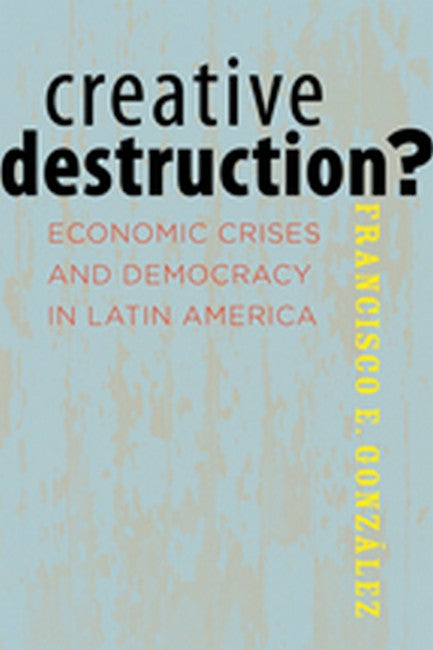Acknowledgments
Introduction: Institutions, Interests, and Ideas in Explaining Regime Change
1. Financial Shocks, Economic Crises, and Democracy: Theory and Practice
Part I: Great Depression, 1929-34
2. Economic Crisis and Democracy during the Great Depression
3. Institutions: Polarized Domestic Conflicts and Weak International Capacity
4. Interests: Foreign Capital and Domestic Coalitions against Democracy
5. Ideas: Extreme Ideological Conflict and Rise of the State in the Economy
Part II: Economic Crises and Democracy in the Late Twentieth Century
6. 1982 Debt Crisis and 19972002 Emerging Markets Crises
7. Institutions: Demise of Military-as-Government and Higher Costs for Action
8. Interests: Capital Flight, Pressures from Below, and Democracy
9. Ideas: Cold War Endgame, Unipolar Moment, and Neoliberalism
Conclusion: Implications for Democracy after the 2008-9 Financial Meltdown
Notes
Bibliography
Index
Request Academic Copy
Please copy the ISBN for submitting review copy form
Description
""Gonz+ílez persuasively argues that structural changes to democratic governments have imporved the changes that they will survive hard times. The book raises fascinating questions about the connection between financial crises and innovation, and the possibility that economic turmoil may further strengthen democracy.""

